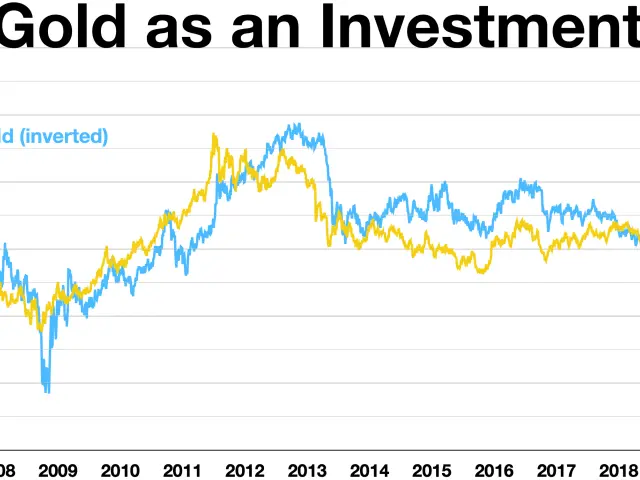Tamara Zieschang, Interior Minister of Saxony-Anhalt (CDU), feels the government's proposed tightening of asylum policies lacks bite. The package may have solid individual measures, but in a critical area, it falls short, she claims to MDR. Zieschang is hell-bent on reducing irregular migration, but is disappointed by the lack of concrete proposals in this regard.
Chancellor Olaf Scholz, joined by Interior Minister Nancy Faeser (both SPD), revealed measures to combat Islamic terrorism, handle irregular migration, and reinforce gun laws in response to the knife attack in Solingen that left three dead and eight injured. Part of these measures include speeding up the deportation of convicted criminals and implementing a general knife ban on long-distance trains, festivals, and large events. The first deportation flight to Afghanistan since the Taliban took power in 2021 was set off last Friday morning.
Zieschang's stance: "Slam the Immigration Brakes"
Zieschang urges the Commission to revisit the situations in Syria and Afghanistan. These two nations are principal sources of most immigrants. She wonders if there's a blanket assumption of persecution and danger throughout the entire region, and suggests each region in Afghanistan and Syria should be independently assessed to determine if this assumption holds water. If verified, these findings might significantly slash immigration.
The Commission should reassess the situations in Syria and Afghanistan, as recommended by Zieschang, since it could potentially reduce immigration from these countries. Despite the Commission's measures to address irregular migration, Zieschang calls for stronger actions from the federal government to effectively tackle this issue.
Parallel to Zieschang's thoughts, the Alternative for Germany (AfD) has floated several proposals to slash immigration from Syria and Afghanistan:
- Border Control:
- Permanent Border Checks: The AfD advocates for perpetual border checks, which is something the CDU supports but hasn't implemented yet.
- Ban for Undocumented Migrants: The party has proposed turning away anyone trying to enter the country without the correct papers, including asylum seekers.
- Deportation:
- Accelerated Deportations: The AfD pushes for quicker deportations, particularly for rejected asylum seekers linked to criminal activities. This is also a part of the CDU's plan, but the AfD's approach is more drastic.
- Remigration: The AfD promotes "remigration," which involves mass deportations of Syrians and Afghans. This stance is more aggressive compared to other parties, who generally focus on stricter but more nuanced deportation policies.
- Integration:
- Integration Programs: Mainstream parties like the CDU focus on better integrating migrants through German language courses and cultural programs. The AfD doesn't explicitly mention such integration measures in its proposals, prioritizing deportation and border control instead.
- Work Expectations:
- Restrictive Immigration: Unlike the CDU, which aims to attract skilled foreign workers despite asylum crackdowns, the AfD does not explicitly discuss the need for skilled labor. Instead, it focuses on restricting immigration, particularly from Syria and Afghanistan.
- Legal Framework:
- Violation of EU Law: The AfD's proposal to turn away individuals without valid entry documents at Germany’s borders goes against European-wide asylum law. This stance is more defiant than the CDU’s approach, which aims to function within a clear legal framework.
In essence, the AfD's immigration policies are characterized by a more drastic approach to border control, deportation, and remigration, with less emphasis on integration and skilled labor compared to other German parties like the CDU.








